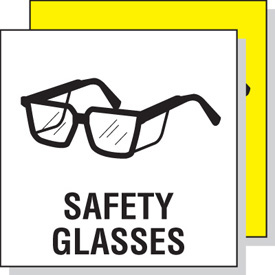This content is also available in:
Español (Spanish)
Happy Safe Fourth of July!
The Fourth of July is a time of fun, remembrance, and celebration for many Americans. Friends and family gather together to enjoy early morning parades, backyard barbecues, and nighttime fireworks. Fireworks are exciting, fun, and spectacular, but don’t let an accident spoil your celebration. According to the U.S. Consumer Product Safety Commission (CPSC), each year, thousands of people are injured by fireworks during June and July. Almost one-third of those injured are children younger than fifteen. Young adults aged 20 to 24 had the highest estimated rate of emergency department visits for fireworks injuries last year–5.1 injuries per 100,000 people.
Types of Injuries That Can Occur with Fireworks
According to the CPSC report, of the injuries reported in 2022, 16% were eye-related, including thermal burns of the eye to bleeding in the eye, retinal detachment, cornea scratches, and even a ruptured globe and blindness. In addition to eyes, the hands and fingers represented 29% of injuries, and 19% were head, face, and ears injuries. Burns were the most common injury.
Firecrackers caused most eye injuries. An estimated 1,300 emergency department-treated injuries were associated with firecrackers and 600 with sparklers. The American Academy of Ophthalmology cites data indicating that people hurt by fireworks are more likely to be bystanders, including children. (Fireworks Eye Safety – American Academy of Ophthalmology (aao.org))

Safety Tips for Using Fireworks
The American Academy of Ophthalmology offers these safety tips for preventing eye injuries:
- Stay at least 500 feet away from fireworks, allowing trained professionals to light fireworks, and don’t allow children to handle any fireworks.
- If you find unexploded fireworks, call your police or fire department to dispose of them. Do not touch them or try to light them.
- Wear protective eyewear.
- If you suffer an injury due to fireworks, especially to your eyes, seek help immediately.
- Do not rub or rinse the eyes.
- Do not apply pressure to your eyes.
- Do not use ointments on your eyes or take blood-thinning pain medications like aspirin or ibuprofen.
Prevent Blindness National Public Awareness Campaign
Prevent Blindness (PB) has been running a national public awareness campaign to encourage people to be safe around fireworks. PB supports the development and enforcement of bans on the importation, sale, and use of all fireworks and sparklers, except those used in authorized public displays by competent licensed operators. PB encourages you to celebrate the Fourth by attending a city or community-sponsored safe fireworks display rather than using personal fireworks.
APH VisionAware wants you to have a wonderful and enjoyable Independence Day celebration.
Editor’s note: This post was originally published on the SightSeeing Blog at the Center for the Visually Impaired website on July 1, 2015, and was reprinted with permission. It was updated with new statistics on July 3, 2023.
Other Resources
Prevent Blindness
American Academy of Ophthalmology Eye Safety